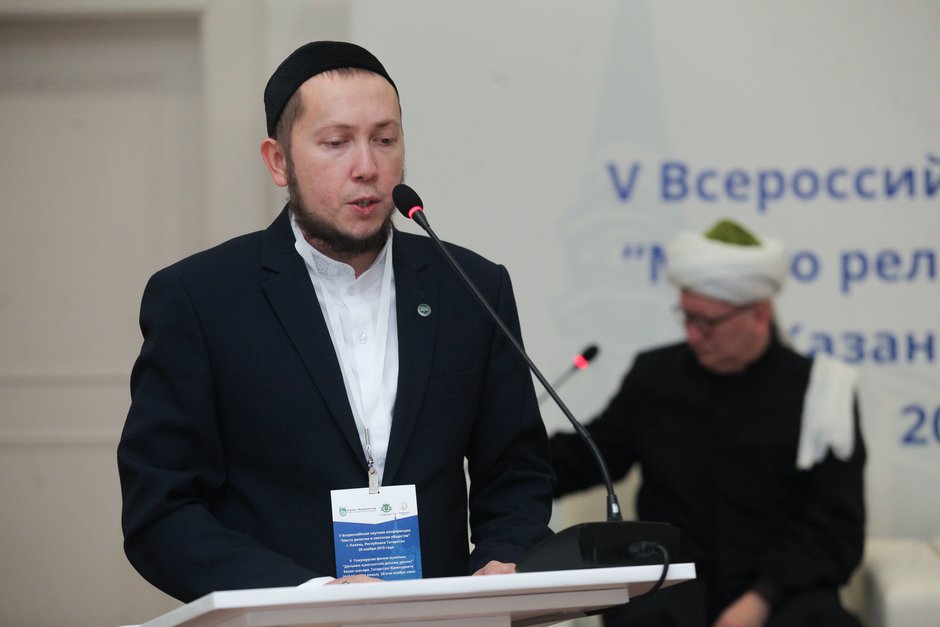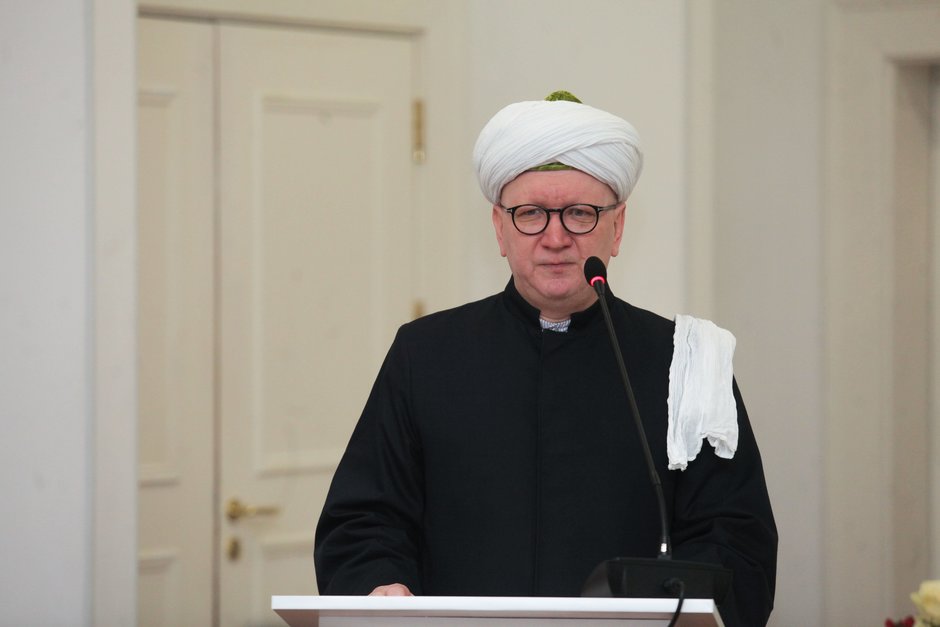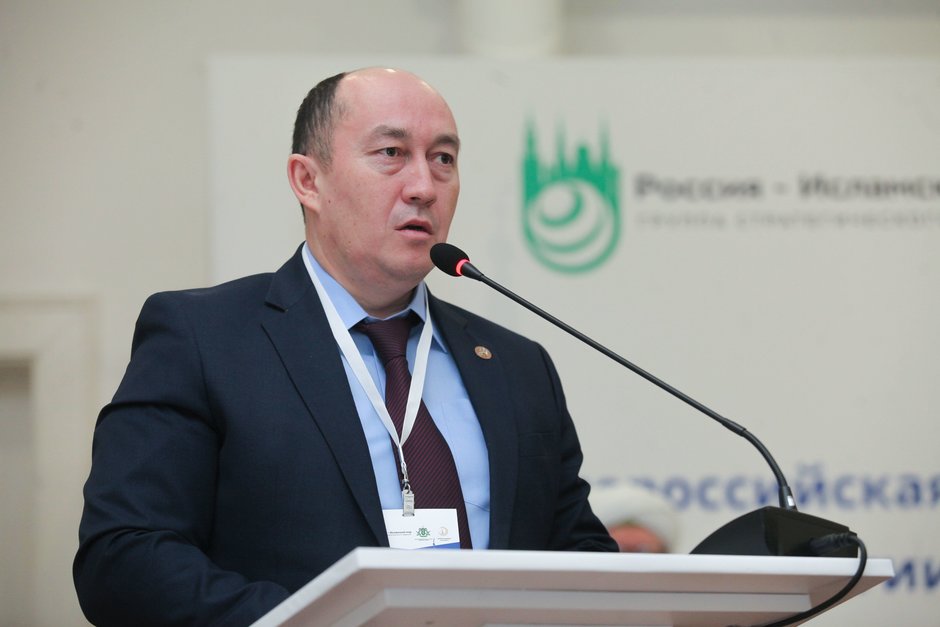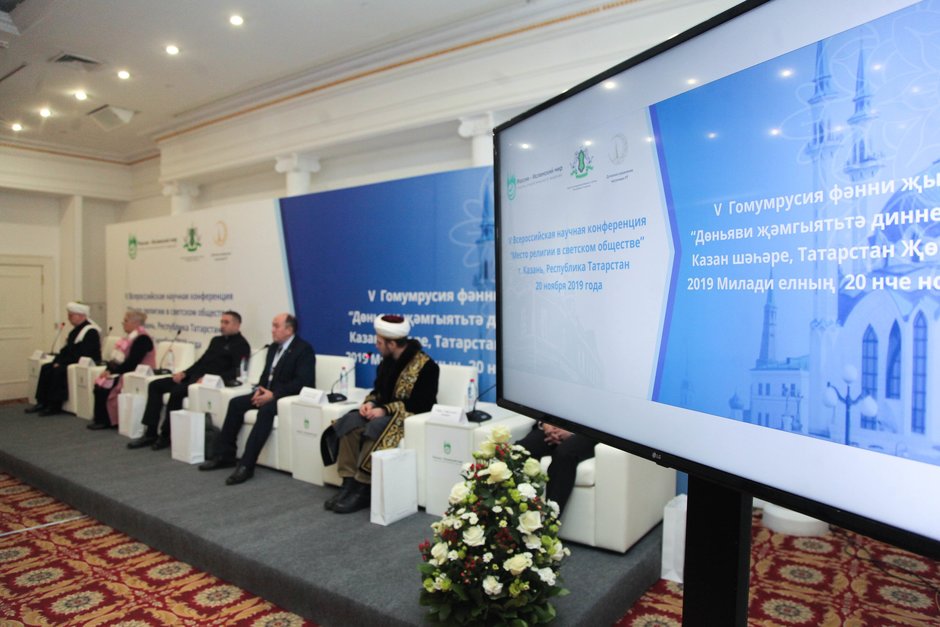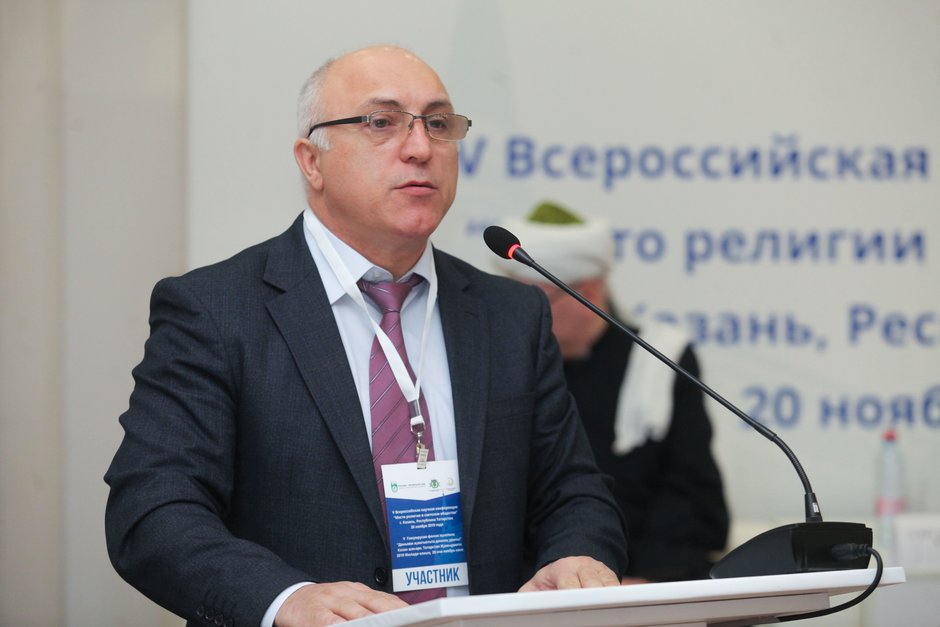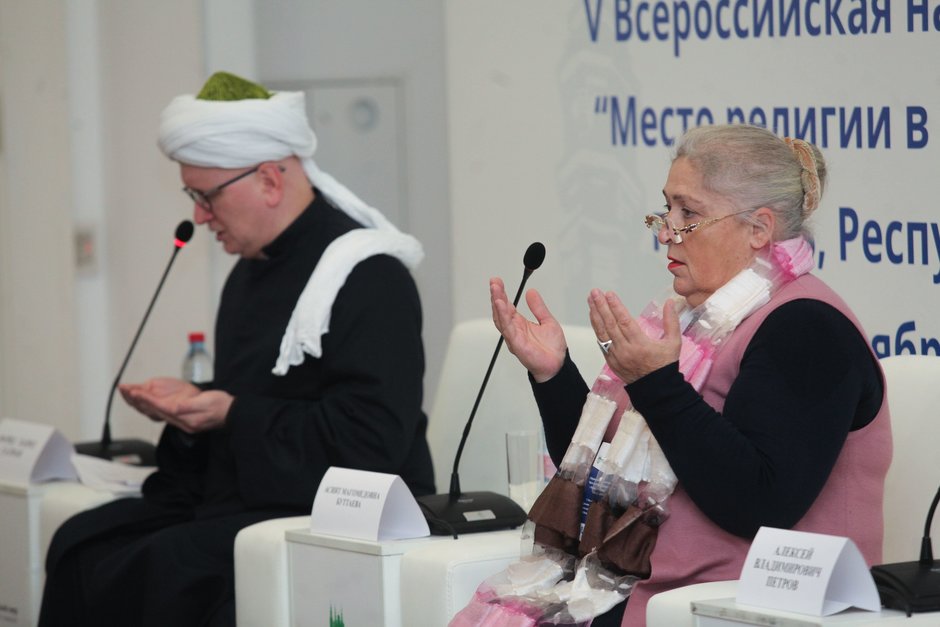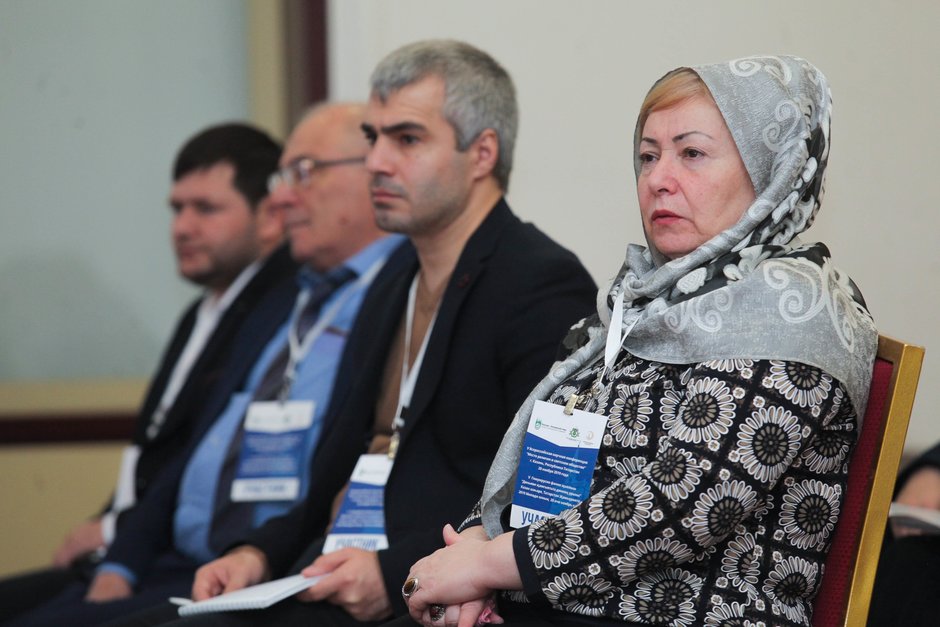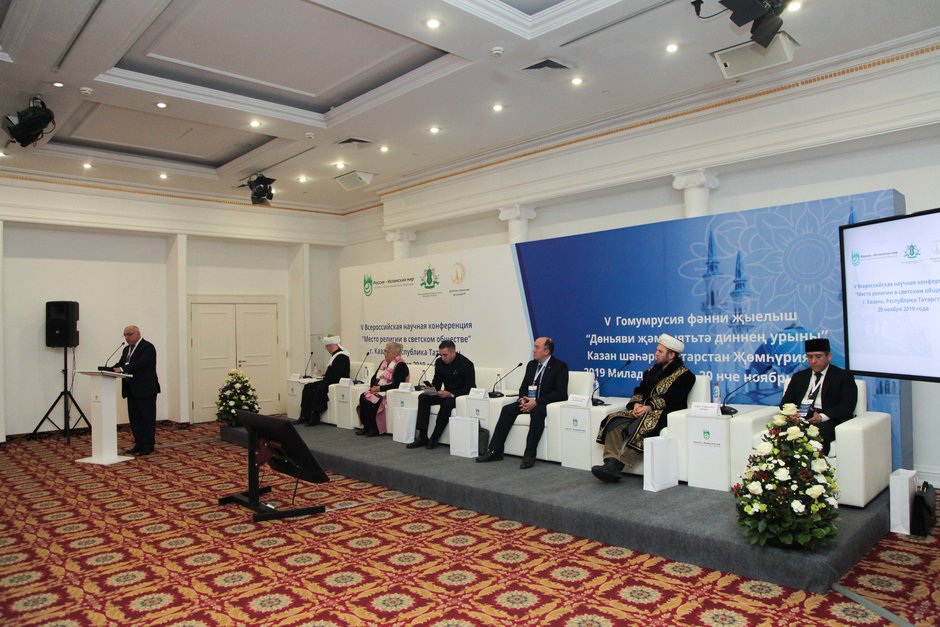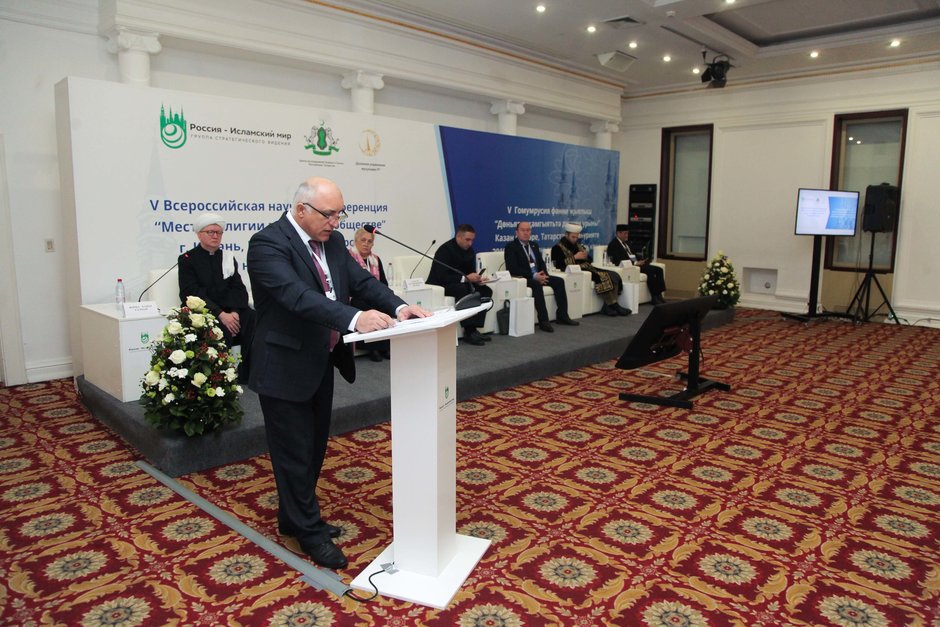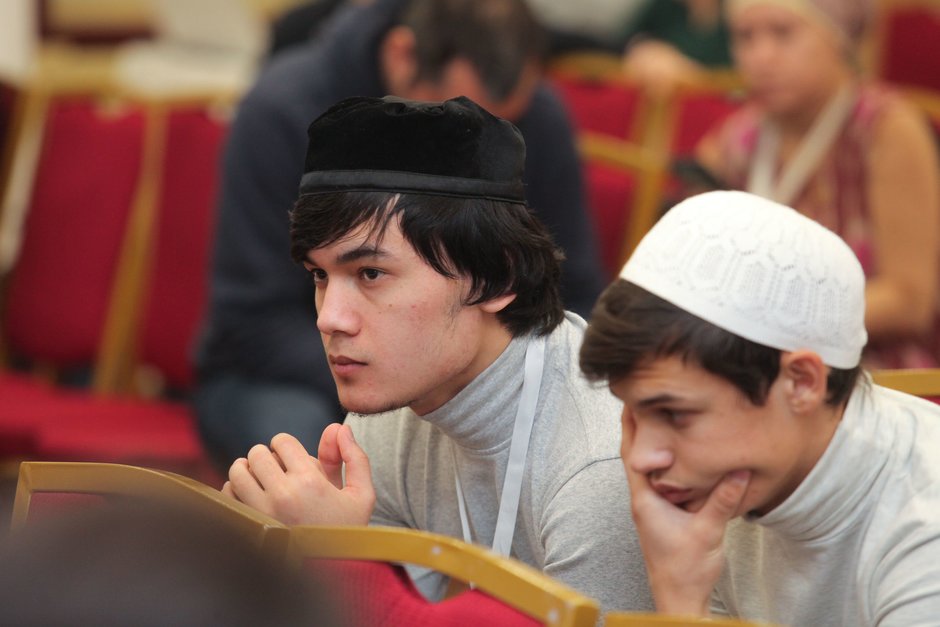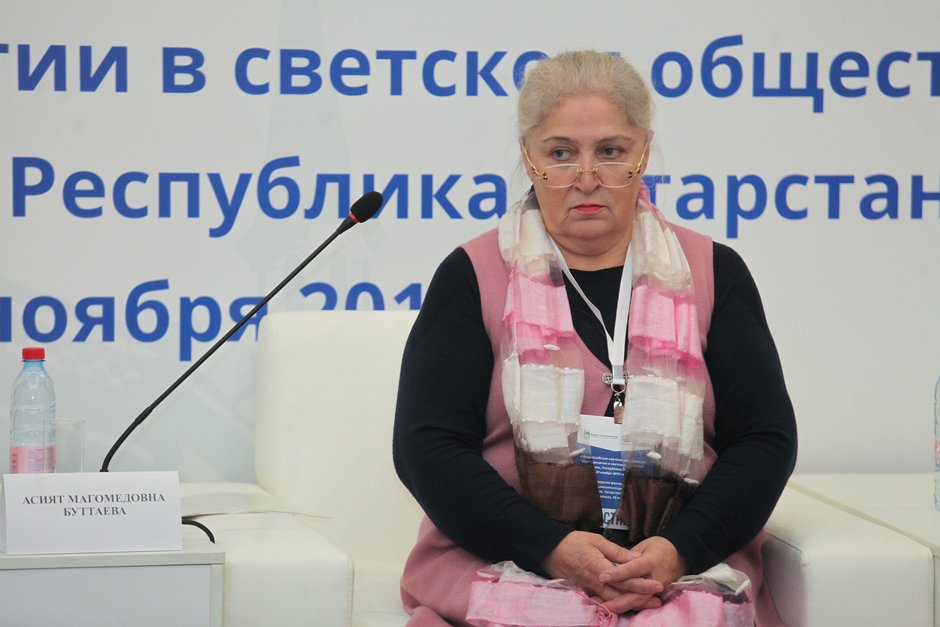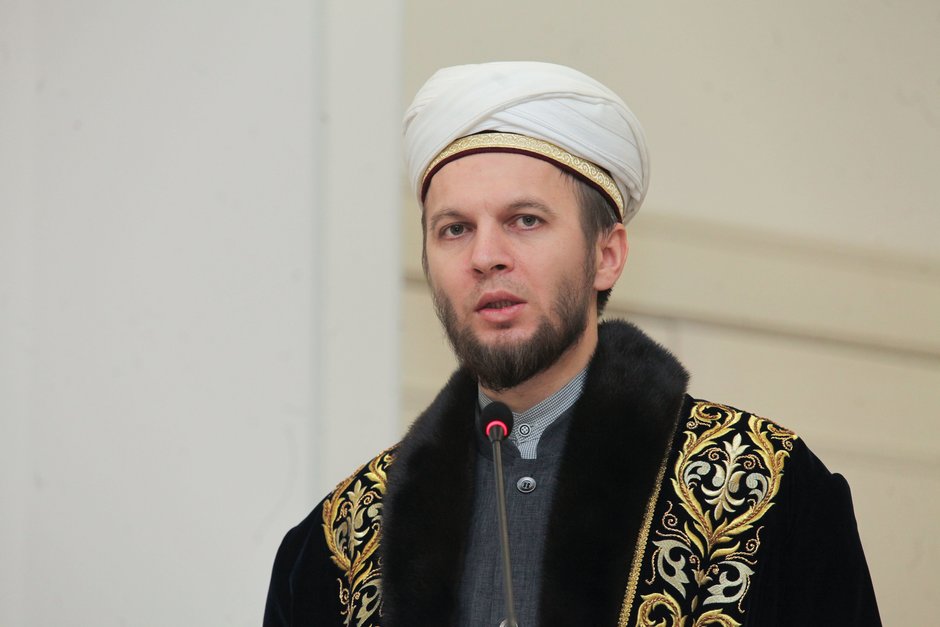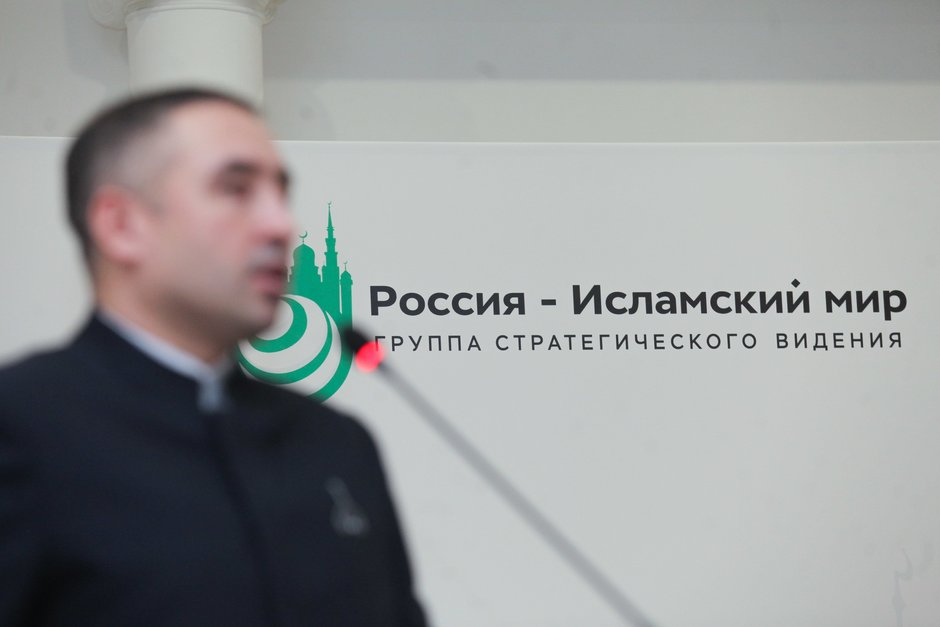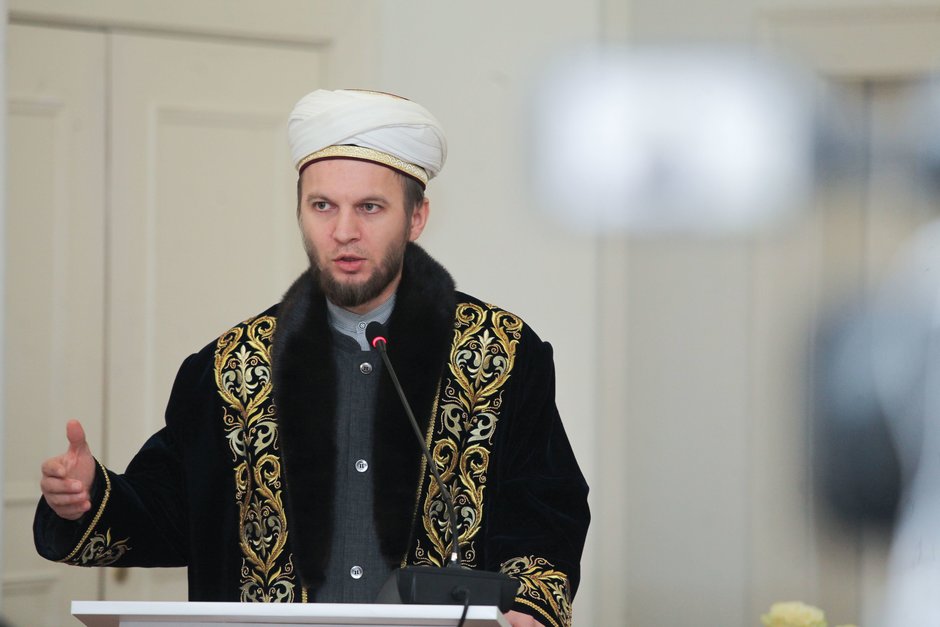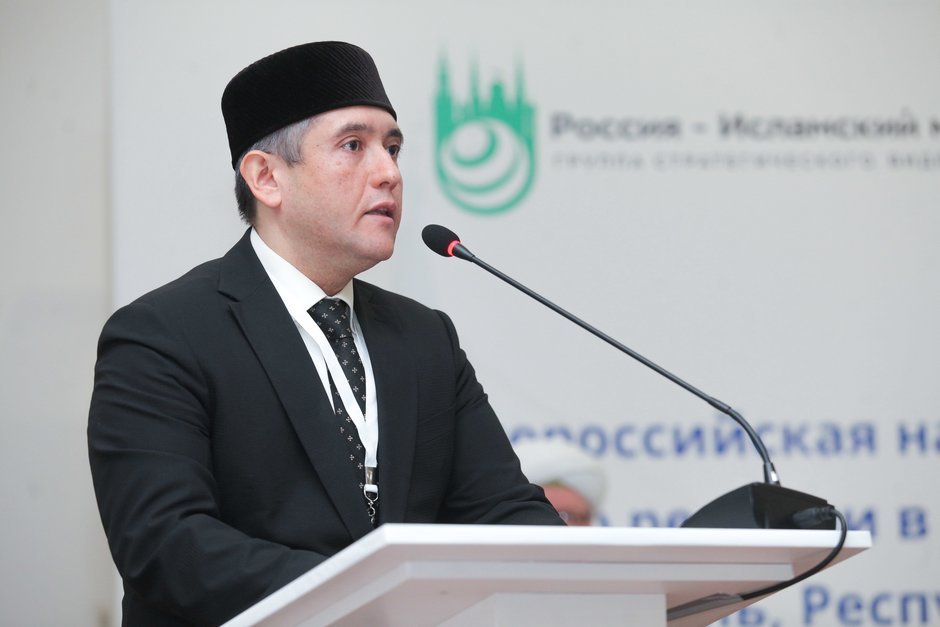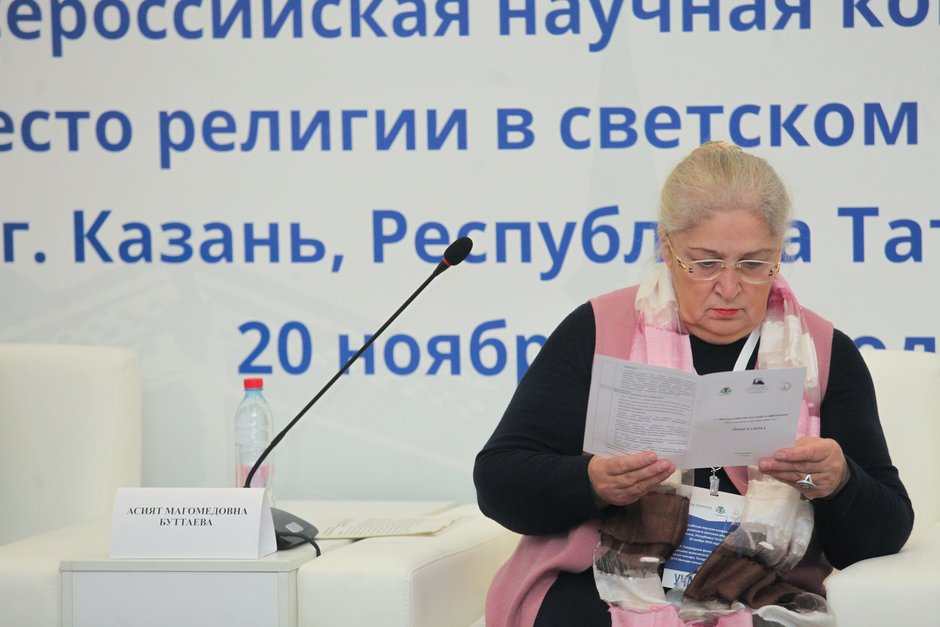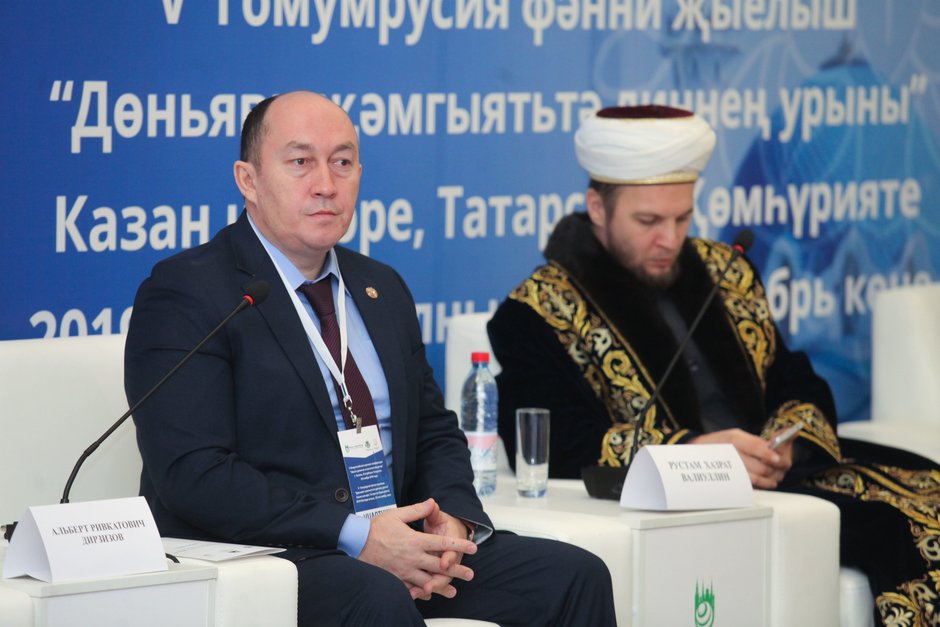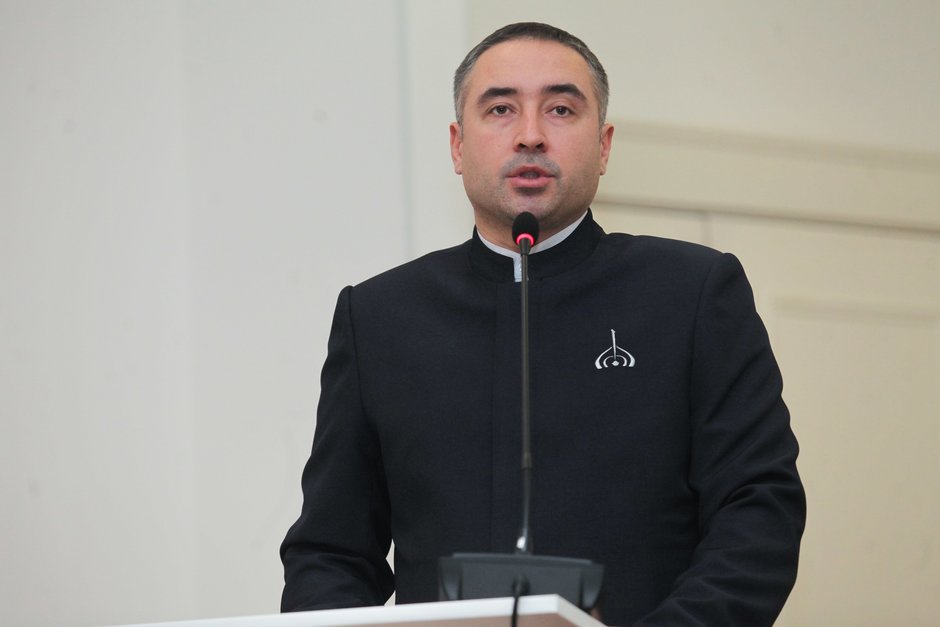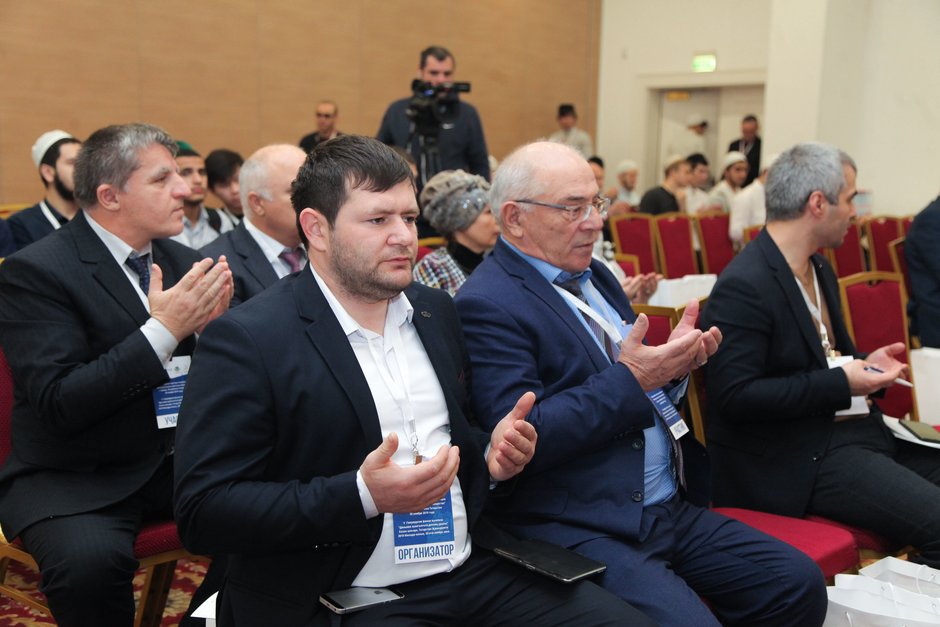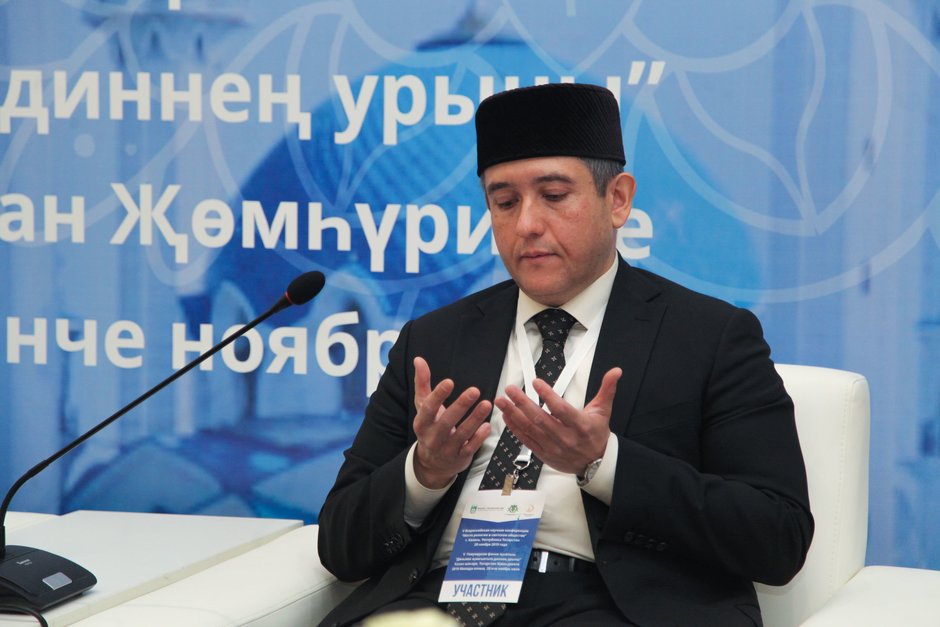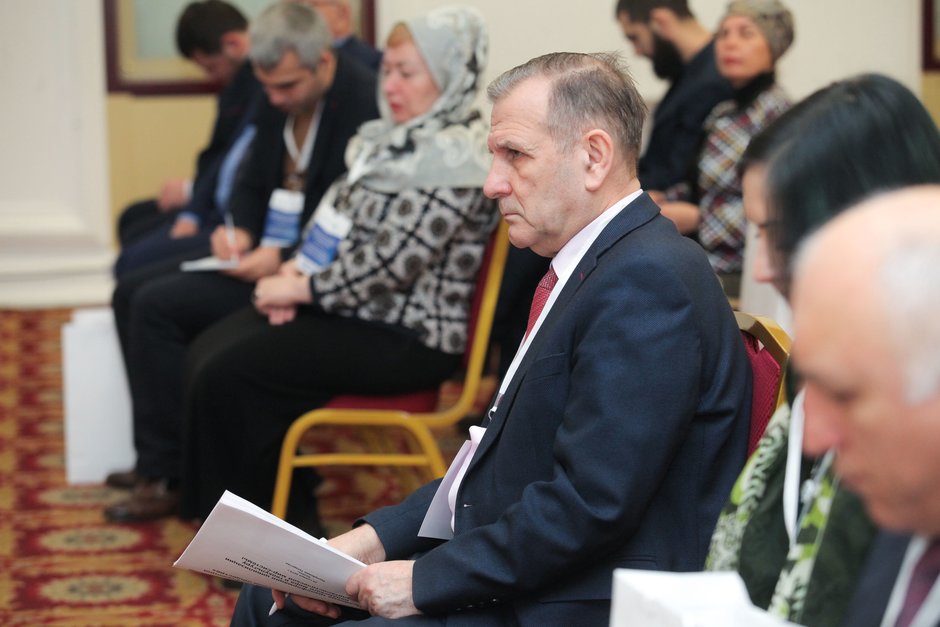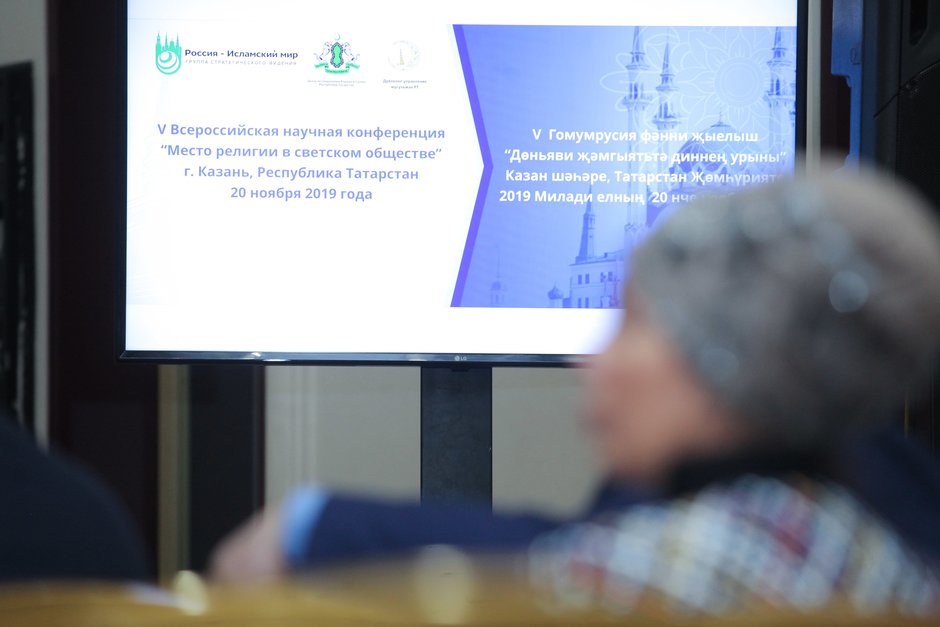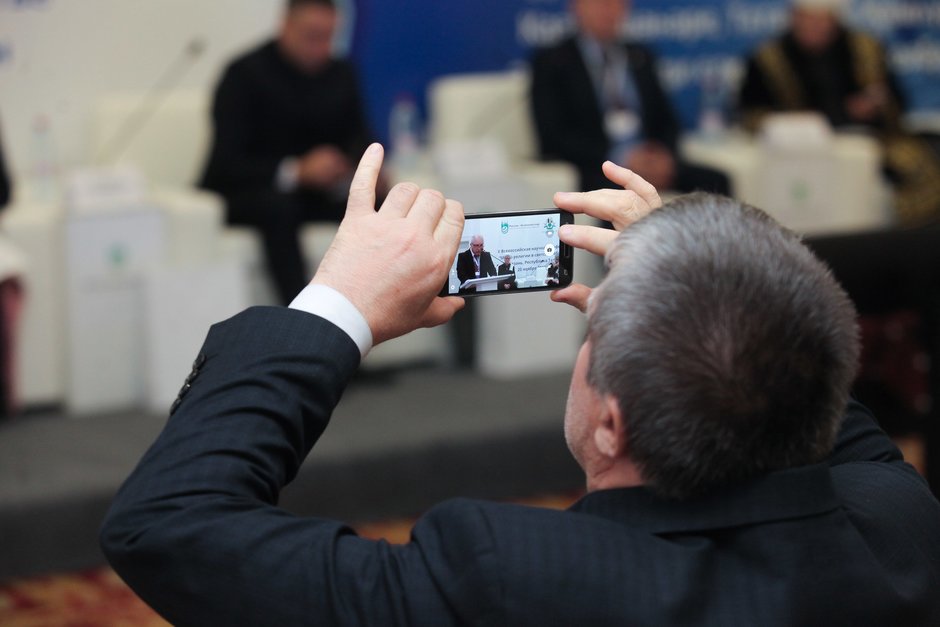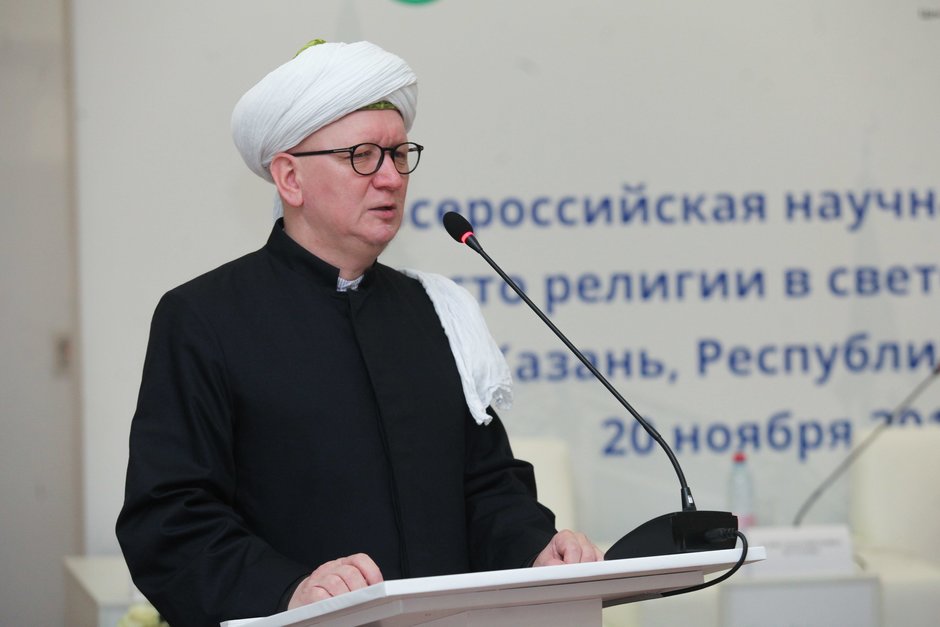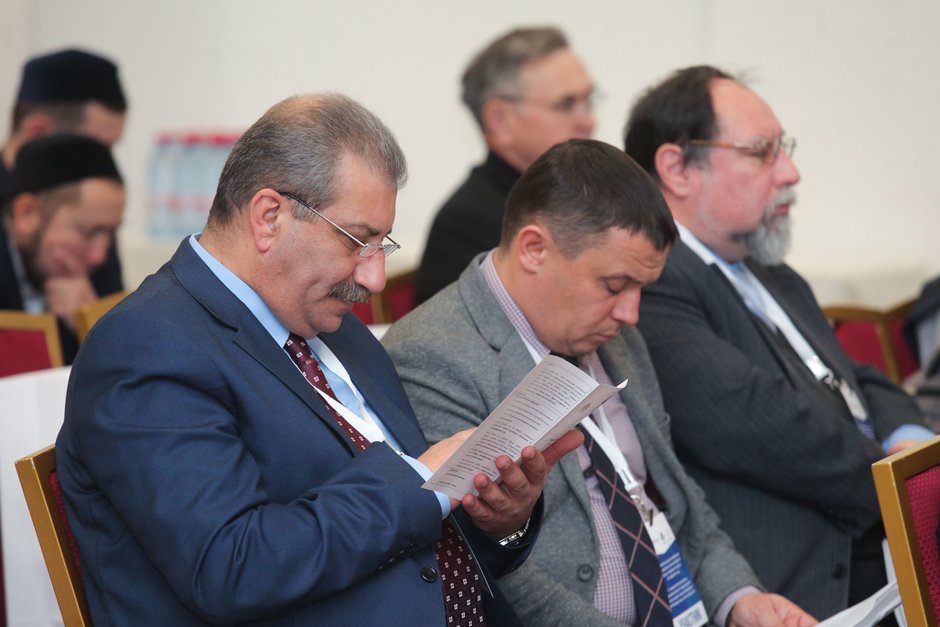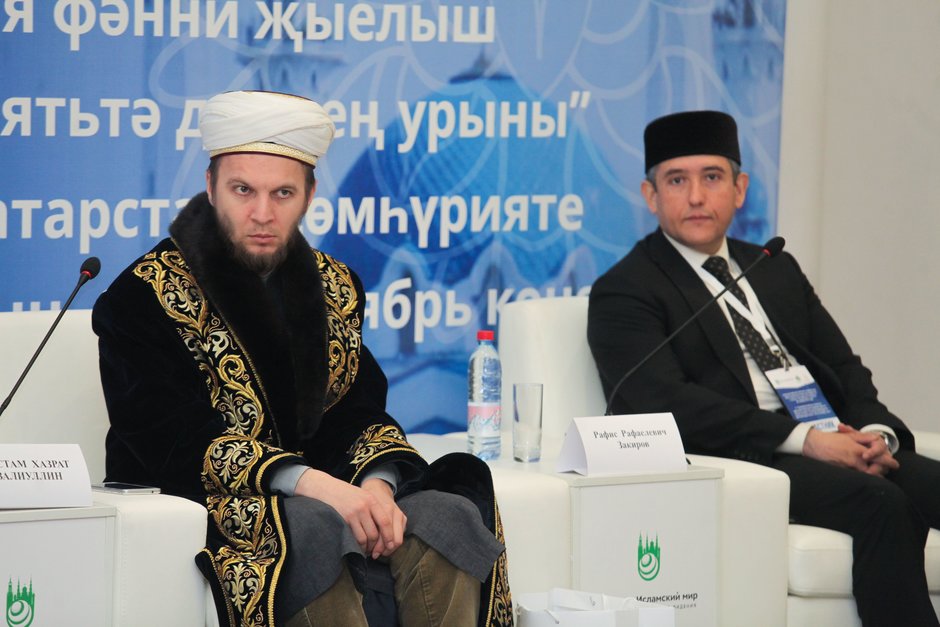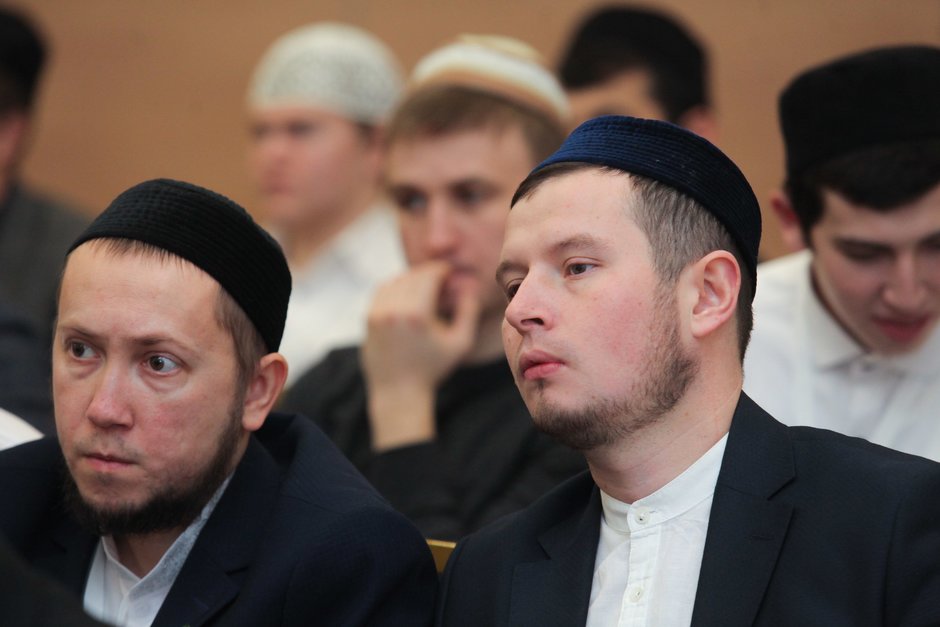“We became too secular”: why are religious studies as important as knowledge of the Constitution?
A solution to the ideological opposition between traditional Islam and online recruiters was looked for in Kazan
What is the correlation between the secular and religious? Does the word “secular” mean “atheistic”? How to protect the youth from doubtful online preachers? Participants of the conference Quranic View on Ideological Opposition: Traditional Islam and Pseudo-Religious Groups, which was in Kazan on 20 November, tried to answer these and other questions. Realnoe Vremya’s correspondent visited the forum.
When deputies act as a proxy for key speakers
The 5th Quranic View on Ideological Opposition: Traditional Islam and Pseudo-Religious Groups all-Russian scientific conference took place in Korston hotel in Kazan. The Place of Religion in Secular Society became the theme of the summit this time. The Holy Quran Research and Precious Sunna Research Centre of the Republic of Tatarstan, Muslim Spiritual Directorate of the Republic of Tatarstan became the organisers. The forum was held within a plan of events of Russian — Islamic World Group of Strategic Vision.
Religious and secular specialists from Tatarstan, Bashkortostan, Dagestan, Moscow, Sevastopol and other parts of Russia participated in the summit. However, there were many directors of institutions and ministries who had been claimed in the programme at first but didn’t arrive for different reasons and sent their deputies instead of themselves. So Deputy Mufti Rustam Valiullin represented the Muslim Spiritual Directorate of the Republic of Tatarstan, though Mufti Kamil Samigullin had been planned. As Realnoe Vremya was told in the press service of the muftiate, the head of the MSD was in Bishkek on that day.
Vice Rector of Bolgarian Islamic Academy Aleksey Petrov was instead of Rector of BIA Daniyar Abdrakhmanov. Vice Rector of Russian Islamic Institute Rafis Zakirov took the rap instead of absent Rector Rafik Mukhametshin. Director of the Administration on Cooperation with Religious Institutions of the Tatarstan President’s Department for Internal Affairs Marat Khisamyiev didn’t come either. Senior Adviser to the department’s Office for State and Religious Affairs Albert Dirzizov delivered a speech on behalf of republican authorities.
The conference was dedicated to the role, place and positions of religion in modern secular society. According to Director of the Holy Quran Research and Precious Sunna Research Centre of the Republic of Tatarstan Farid Salman, secular society is a society where religion is separated from state authorities and that is regulated on the basis of civil, not religious norms. Decisions of state authorities, in turn, don’t have religious foundation. Contemporary secular society is different from the society that existed in the recent past.
Kazan book printing for Islamic world
The meeting began with Quran recital, as it should be. Rustam Valiullin was the only person who paid attention to the Tatar language, which is official in Tatarstan. He began his speech with a welcome and good wishes in Tukay’s language and then switched to Russian, which everyone in the hall understood.
“Our society has covered an uneasy path, through hardships,” Khazrat Rustam said. “Once we became too secular: we thought that we could exist without religion. But life showed the necessity of a religion, which supported humankind. It is vital for us to conserve those spiritual values that our ancestors passed us.”
According to him, Russian citizens lived without a religious lifeline for decades. And in the last 30 years, the Tatars has had to make mistakes to understand the ancestors’ wisdom. Moreover, foreign specialists often turn to works of Tatar theologians, which were published before the revolution. The Tatarstan MSD published books of Muslim ulamas written in the Arabic script through “fraternal” websites. However, many specialists don’t understand the Old Tatar language and have to go to the spiritual directorate and Kazan philologists asking to translate separate pages of pre-revolution treatises. Foreigners don’t have such problems with Arabic-speaking sources written in Russia.
“75% of books that were printed in Kazan were written in the Arabic language. Other languages shared the other 25% among each other. It is impossible to hide, it is a fact that we should talk about and remember,” he stressed.
Farid Salman added that Kazan still remained one of the book printing centres for the Islamic world and especially noted the work of Khuzur publishing house.
How are terrorists recruited?
The speakers separately drew the attention to the “Sheikh Google” and “Khazrat Facebook” — online preachers and recruiters through the world net.
“We aren’t against Islamic studies, but it is not Islam for the modern youth,” Editor-in-Chief of Islam.ru Magomed Magomedov claimed. “Islamic studies aren’t for scientists. It is perhaps important in the Islamic education system. But there shouldn’t be substitutes.”
A journalist from Dagestan reminded that there were many of his compatriots grabbed the weapon and went to fight after failing to find theologians in their homeland. The highland youth don’t know Dagestani scientists’ endeavours.
Magomedov thinks that a lot of guys aren’t ready to go to the mosque. And they find answers to their questions on the Internet. People already read fewer books: everyone is happy about gadgets, what recruiters successfully take advantage of. The editor-in-chief of the Islamic website even provided statistics: 86% of new ISIS (the organisation is banned in Russia) recruits got there through the world net. Not seeing the face of their recruiters, young people believed them and followed extremist calls.
“Today the knowledge of religion (not necessarily following it) is as important as knowledge of the Constitution,” he went on. “We should use all sites (including the mass media) for spiritual and moral education. It is necessary to work with the population face-to-face but on the Internet.”
At the same time, he sadly noted that it was hard enough to fight communities and accounts in social networks where recruitment is held, it’s like a fight with Hydra. When one community is banned on Vk.com, 2-3 new communities appear instead. In his opinion, it is much harder to ban an account with extremist content.
